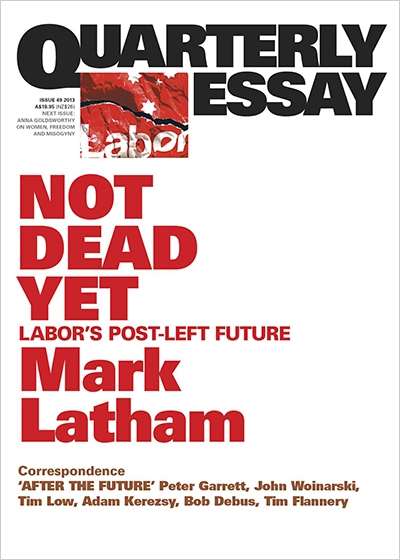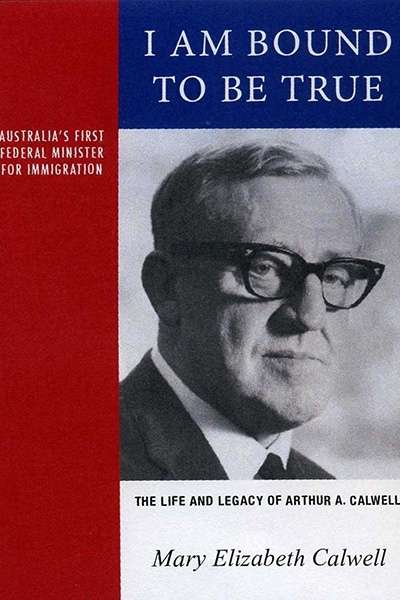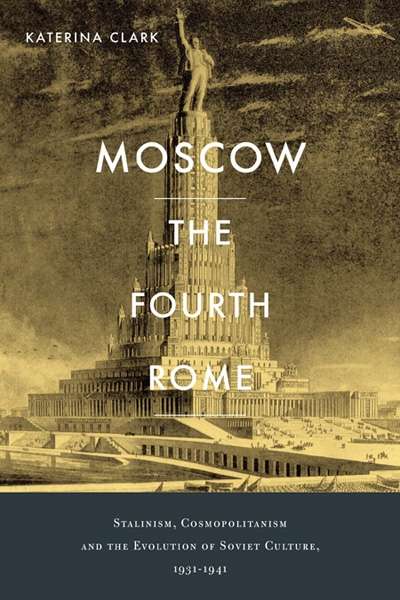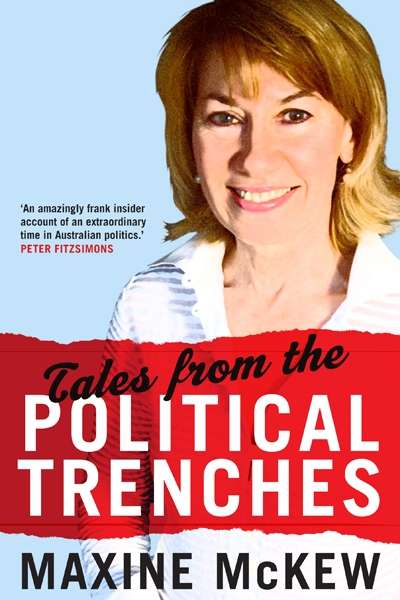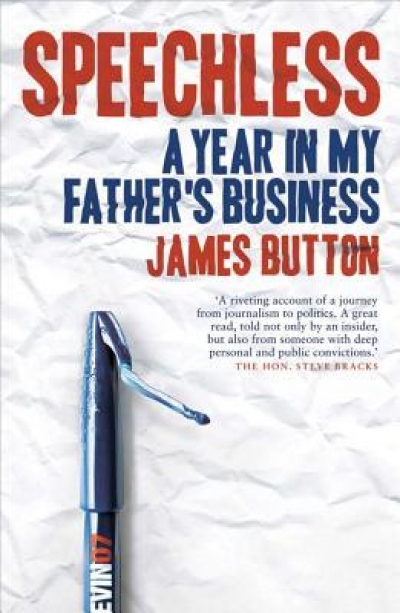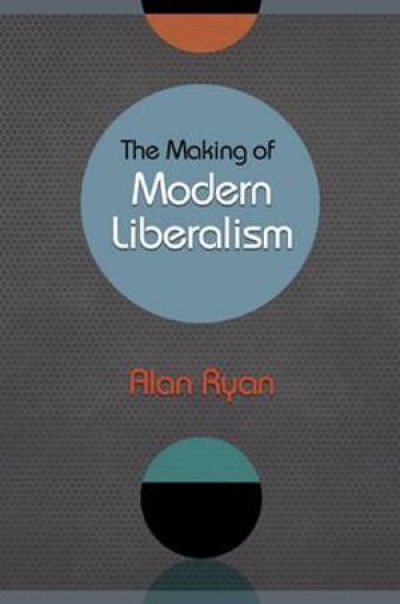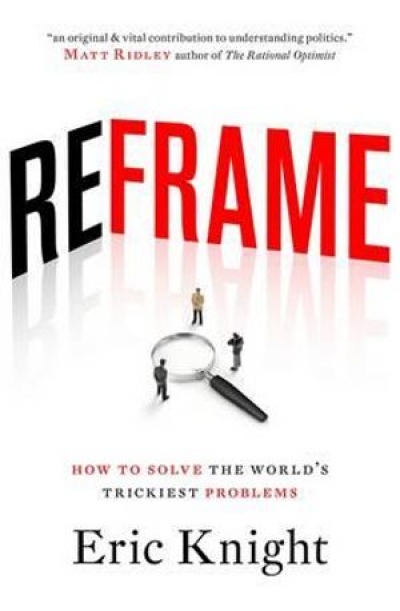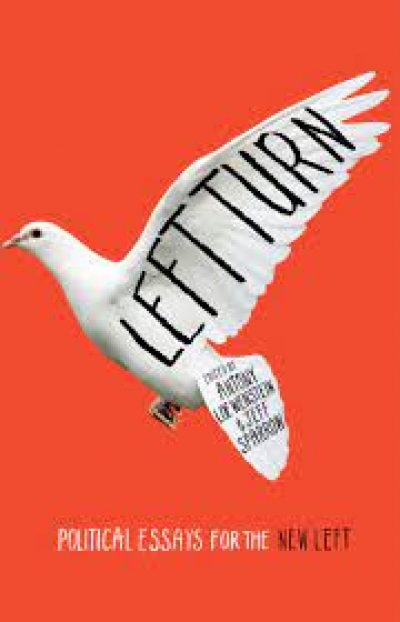Politics
Not Dead Yet: Labor’s Post-left Future (Quarterly Essay 49) by Mark Latham
Mark Latham rose to the leadership of the Labor Party unexpectedly, lost the 2004 federal election, retired to sulk from the sidelines, and has done so ever since. Whether he or Graham Richardson has done more damage to the party that nurtured them is a question I leave to the blogosphere. Before Latham became leader in 2003, he published considerably more about his vision for Labor than most parliamentarians have done, though none of his publications was as readable as his post-retirement diaries (2005), in which he displayed a lack of judgement and such scant goodwill to his colleagues that it leaves one astounded that they ever elected him leader. (When Latham ran against Kim Beazley for the leadership, two of the wiser members of caucus, Carmen Lawrence and Lindsay Tanner, counselled me against becoming too enthusiastic. They were clearly correct.)
... (read more)I Am Bound to be True: The Life and Legacy of Arthur A. Calwell, 1896–1973 by Mary Elizabeth Calwell
Arthur Augustus Calwell is hardly the most celebrated or mythologised politician in the history of the Australian Labor Party. His achievements as the first minister for immigration have been overshadowed by his very public advocacy of the White Australia policy ...
... (read more)Moscow, the Fourth Rome: Stalinism, Cosmopolitanism, and the Evolution of Soviet Culture, 1931–1941 by Katerina Clark
In Ernest Hemingway’s novel For Whom the Bell Tolls, the hero Robert Jordan, an American fighting on the Republican side in the Spanish Civil War, receives some advice from Karkov, a Russian ‘journalist’ at the unofficial Soviet headquarters in Madrid.
... (read more)November in America signals a time to gather in, take stock and breathe a little. The elections are done by the end of the first week. Thanksgiving beckons, the high holidays begin, media fever subsides – a little – and morphs into retrospective political analysis and projected anxiety about the future, especially, since 2008, the economic future.
... (read more)Tales from the Political Trenches by Maxine McKew
By its title, Tales from the Political Trenches promises reportage from the front line, eyewitness accounts of what really happens in the hidden zones of the political battlefield. The tales told here follow a rollercoaster sequence of political events: the meteoric rise of Kevin Rudd, Maxine McKew’s triumph over ...
... (read more)In 2008 I was asked to write speeches for then-Prime Minister Kevin Rudd. It was a tempting offer. The trouble was that I would be based in the Department of Prime Minister and Cabinet (PM&C), not the Prime Minister’s Office (PMO), and would work as a public servant, not a political staffer ...
... (read more)If Julia Gillard were to drive past the main campus of the Methodist Ladies’ College (MLC), a big independent school in the inner-eastern Melbourne suburb of Kew, she would undoubtedly remark that MLC is a ‘great example’ of educational excellence. Despite recent controversies, the school still has top-class facilities, quality teachers, and high-performing students, many of whom will move into influential positions within society.
... (read more)In a famous essay on poetry, English philosopher Michael Oakeshott evoked the metaphor of conversation to describe how people share and discuss ideas. A conversation, suggested Oakeshott, allows a continuous discussion between past and present, between the thought of earlier generations and the pressing needs of the present. A conversation is not a search for truth or even facts, but an endless dialogue among diverse voices.
... (read more)Reframe: How to Solve the World’s Trickiest Problems by Eric Knight
Weary of the standard Hollywood pap, Samuel Goldwyn reportedly told his writers, ‘Let’s have some new clichés.’ In Reframe: How to Solve the World’s Trickiest Problems, his first book, Eric Knight sets about recasting corporate culture’s platitude to ‘think outside the box’.
... (read more)Left Turn: Political Essays for the New Left edited by Antony Lowenstein and Jeff Sparrow
Few would suggest that global capitalism is in rude, unqualified, health. Greece has just voted on whether to stay in the Euro, global markets continue their rollercoaster trajectory, and millions of workers in advanced Western economies remain jobless. With much of the rich world halfway into a lost decade, capitalism is suffering another of the periodic and devastating crises that seem an ineradicable aspect of its nature.
... (read more)

